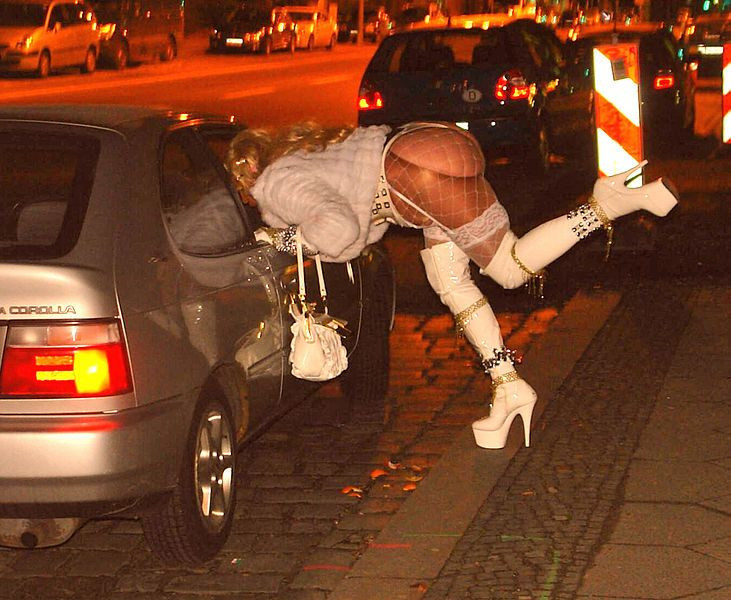Prostitute Court? NY Creates First State Court To Provide Treatment, Education To Sex Workers Instead Of Jail Time

New York state is creating statewide, specialized criminal courts that will only handle prostitution cases. New York’s chief judge, Jonathan Lippman, says the court will provide sex workers — who are often victims of human trafficking — with drug treatment and education instead of jail time.
“Human trafficking is a crime that inflicts terrible harm on the most vulnerable members of society: victims of abuse, the poor, children, runaways, immigrants,” Lippman said Wednesday. “It is in every sense a form of modern-day slavery.”
According to the New York Times, the new Human Trafficking Intervention Courts will handle all prostitution-related offenses. Together, a judge, defense lawyer, and prosecutor will decide whether a criminal defendant is eligible for drug treatment, shelter, immigration assistance, health care, or job training. The goal is to aid those who turned to the sex trade because they needed help, rather than punishing them.
The groundbreaking court system is the first of its kind, but it caters to a growing attitude among legal professionals and the public alike that certain criminals should be rehabilitated instead of being penalized — especially in the case of prostitution, where the assailants are often forced into the lifestyle by pimps.
"There's a real urgency here," said Jonathan Todres, a law professor at Georgia State University in Atlanta. "We need to recognize as a nation that these children are victims and survivors of violent crimes and abuse, and they should not be treated as criminals."
As part of an event celebrating the beginning of the new system, Lippman introduced former prostitute Lakisha. She was forced into prostitution at age 12 and worked in the sex trade industry for six years before the state helped her get on her feet. She now has an associate degree in public administration and credits the services that she received for her ability to move forward.
“It was a support system for me, it led me to a network of people who able to help me escape,” said Lakisha. “Receiving their services helped me to change.”
All of the 11 special courts are set to be up and running by the end of October.



























